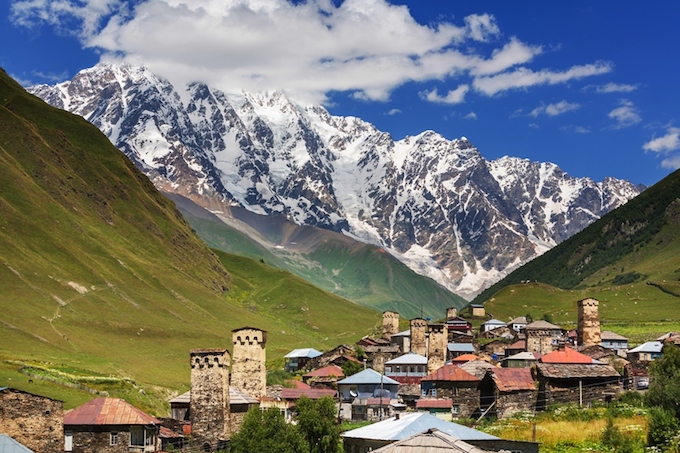Mountain tourism in spotlight at UNWTO event
The potential of mountain tourism to foster economic development, as well as to raise awareness on environmental protection, was the major topic addressed at the third World Tourism Organization (UNWTO) Euro-Asian Mountain Resorts Conference.
More than 300 participants from 32 countries gathered for the conference, which was held in Tbilisi, Georgia earlier this month.
Giorgi Kvirikashvili, Prime Minister of Georgia, opened the event. He said: “It is significant to note that mountains make up more than 65 per cent of the country’s landscape, and the government has been active in effectively using the aforementioned resource and advancing opportunities in tourism.
“According to various studies, Georgian ski destinations have the potential to generate more than 300 million US dollars in revenues from visitors. In this light, the Government of Georgia has focused considerable financial resources on sustainable development of the country’s mountain destinations, including implementation of major infrastructural projects.”

Svaneti in the southern Greater Caucasus mountain range of Georgia
Taleb Rifai, the UNWTO’s secretary-general, said: “Besides its economic potential for remote areas and isolated regions, mountain tourism is a key catalyst to raise awareness on sustainable tourism and to help us become more committed travellers, institutions and enterprises, a challenge especially pertinent at the present moment as we are celebrating the International Year of Sustainable Tourism for Development.”
The conference was structured around five key sessions conducted by 25 international speakers from 17 countries:
1. Sustainable tourism in mountain destinations: challenges and long-term outlook
2. Mountain resort planning: an integrated planning approach and illustration of good practices in developing mountain destinations.
3. Investment and incentive policies: legislative framework and investment-friendly practices.
4. Product diversification and attracting new markets: a strategic approach to improve the positioning of mountain destinations.
5. New revolutionary tools for mountain destinations: innovation and the digital media.




